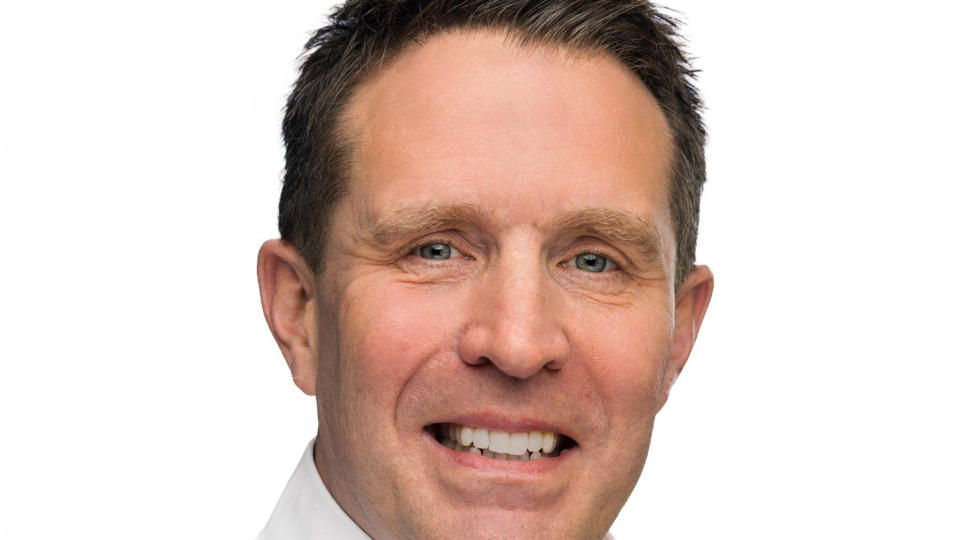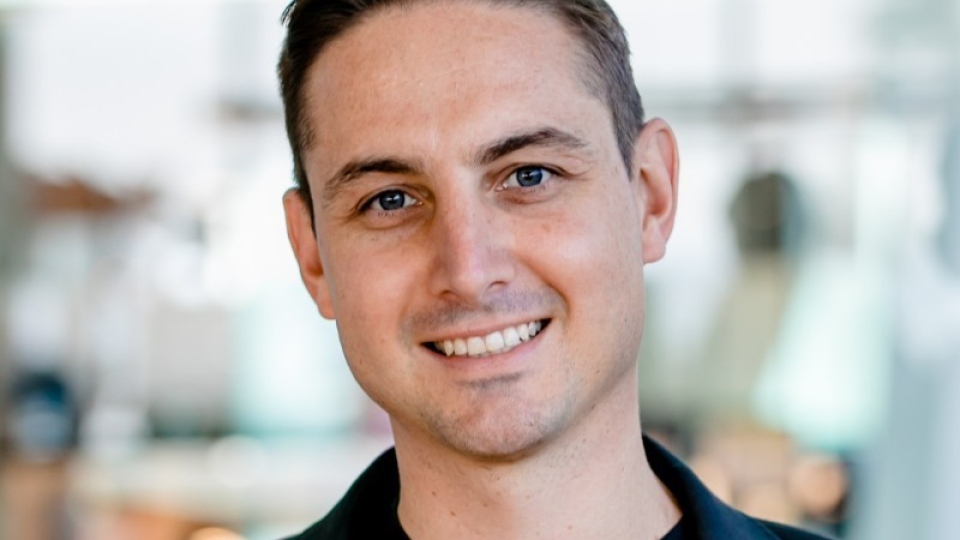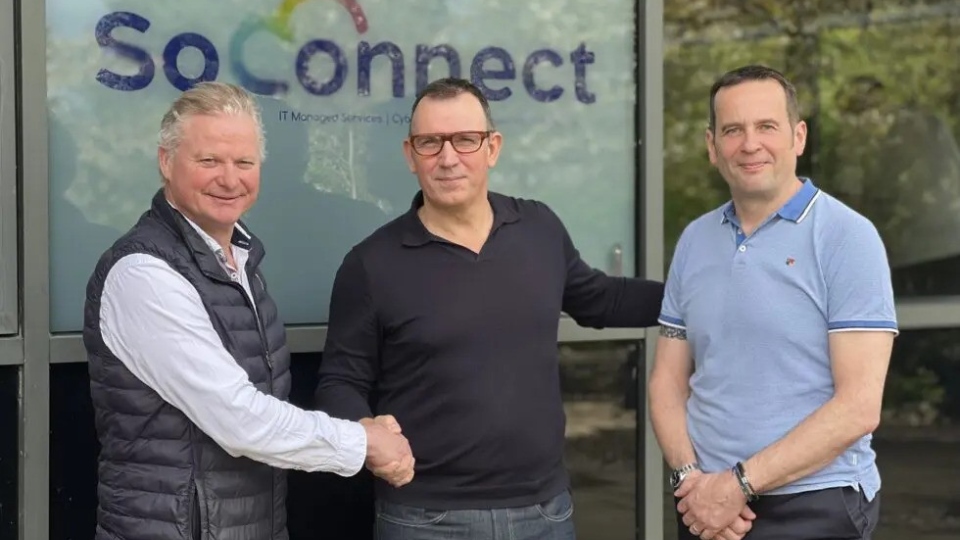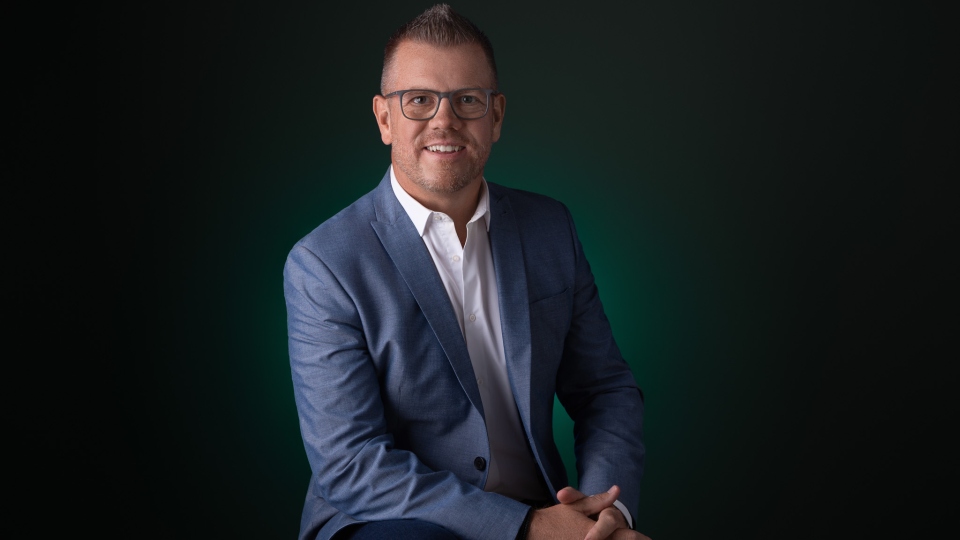
Air IT Group has unveiled a major brand refresh and strategic repositioning designed to help the UK’s 5.6 million SMEs harness automation, AI and cybersecurity to boost productivity and competitiveness.
The move marks what CEO Barney Taylor describes as “the next generation of MSP,” combining an omnichannel service platform with an automation-driven operating model that aims to make IT simpler, more proactive, and more strategic for small and mid-sized firms.
“We’ve made significant investments in building true in-house expertise across automation, AI and cybersecurity,” said Taylor. “Our new brand reflects our evolution as an organisation: building a single intelligent technology stack that gives SMEs the platform they need to grow.”
Turning IT into a growth enabler
The rebrand follows a year-long integration and cultural transformation across Air IT Group’s nine UK offices and 450-strong workforce. After rapid expansion through acquisitions, the company has unified its cybersecurity, cloud, connectivity and business intelligence services under one structure, backed by a new omnichannel contact centre and self-service automation layer.
Taylor said the goal is to turn technology from “an operational burden into a strategic advantage” for SMEs, many of which still struggle to embed digital tools effectively.
According to UK government figures, fewer than half of small firms currently use technology as an integral part of their business, despite estimates from Google that AI could unlock £198 billion in productivity gains across the SME sector.
“SMEs are the fastest-growing segment”
Taylor, who joined Air IT Group ten months ago after leading Focus Group, said the SME market continues to be one of the fastest-growing segments for technology services in the UK—but one that increasingly demands a more engaged and consultative relationship.
“If you’re selling IT support, Microsoft or cyber services, you can’t be invisible,” he explained. “You’ve got to contact every customer every month, invite leadership conversations and talk about how technology is enabling their business. That’s where MSPs win—by helping customers think about automation and future-proofing rather than just price-per-seat.”
He believes the shift towards bundled, standardised “off-the-shelf” services is helping both MSPs and customers simplify operations. “SMEs still want choice and personal service,” he said, “but they also want solutions that just work. Our job is to give them both—the reassurance of local delivery with the scale and automation of a national MSP.”
Automation at scale
Automation now underpins much of Air IT Group’s delivery model. The company executes more than 160 million robotic process automation (RPA) actions per month, or around 60 per second, across its service environment.
Chief Automation and AI Officer Pete Pendlebury said this allows the company to resolve most self-service IT requests within minutes, freeing engineers to focus on complex tasks.
Taylor said automation is not about removing human contact but using it more intelligently. “You can’t just push SMEs into a contactless model,” he cautioned. “They still want to pick up the phone and speak to someone they know. The challenge is to balance that human connection with an efficient, scalable back end.”
Balancing growth with customer trust
The company’s internal success metrics have shifted towards customer experience and automation efficiency. Taylor said Air IT Group measures progress not just by service-level agreements, but by how quickly and happily customers are being served.
“We’re now saving more than 1,200 staff hours a month through automation,” he said. “Automation creates space for our teams to focus on innovation and customer value. If we can keep improving service quality while growing sustainably, that’s the proof of concept for our model.”
“Our people are enjoying working for Air again, which hasn’t always been the case in the past ” Taylor said.” The rebrand is as much about culture as technology”. “If people love where they work, that translates directly to customer experience. We’ve changed how we operate, how we sell, and how we think about the customer. Now we have a platform we’re proud of and a brand that reflects it.”
Competing through service, not just stack
Taylor acknowledged that differentiation in the MSP sector no longer comes from technology alone. “If I flipped the logos on two MSPs’ product sheets, they’d look almost identical,” he said. “The difference is in the partner profile, in the local support, responsiveness, automation and culture.”
He believes the UK’s fragmented MSP landscape with more than 18,000 providers, many of them micro-operations, will continue to consolidate as SMEs demand higher standards and integrated services.
“In the end, customers want familiarity, locality and excellence at every touchpoint,” he said. “The MSPs that combine that with scalable automation will define the next phase of this industry.”







